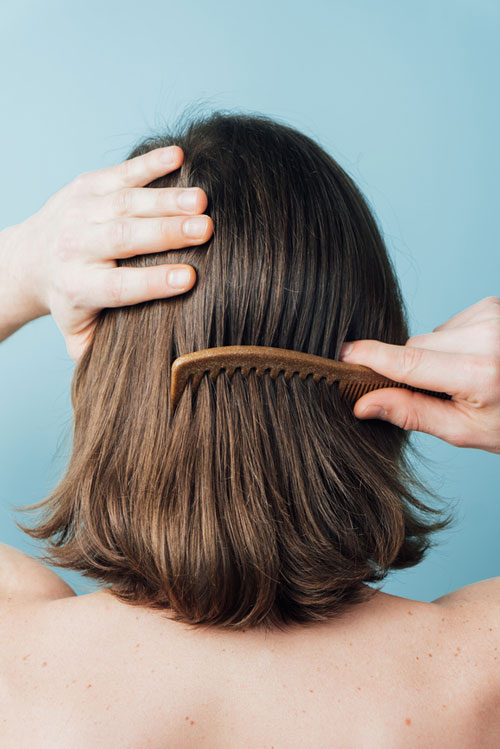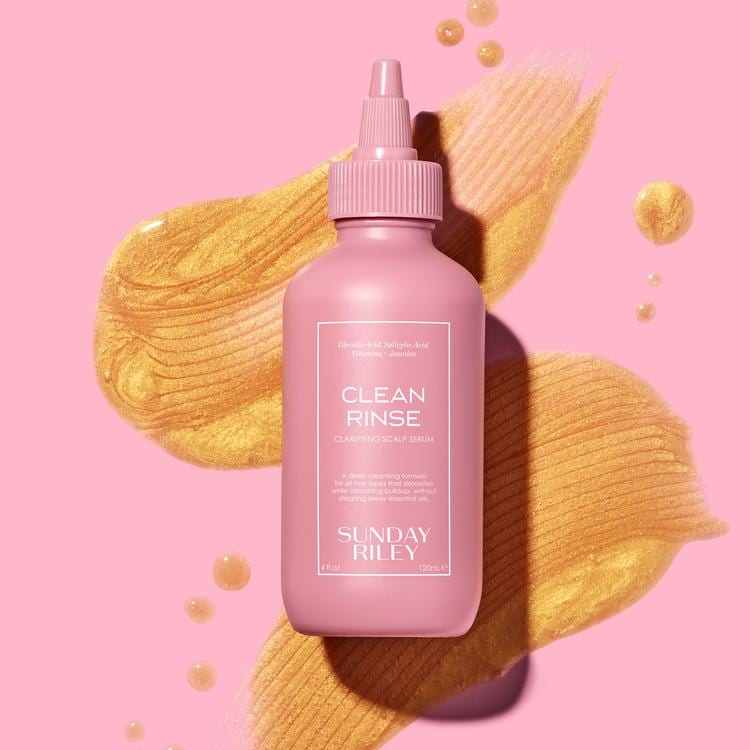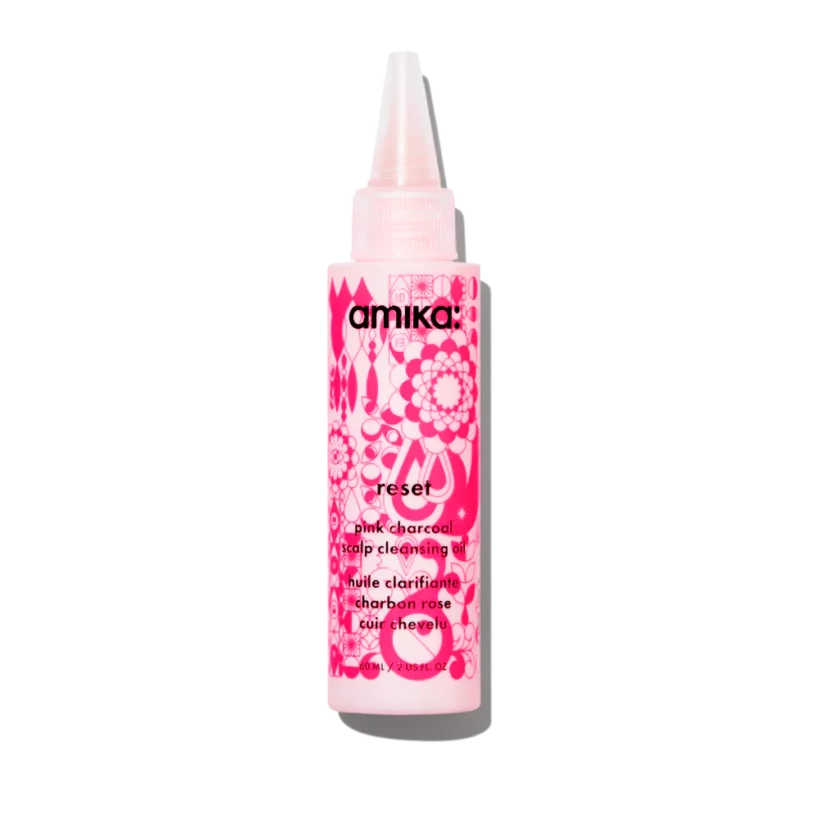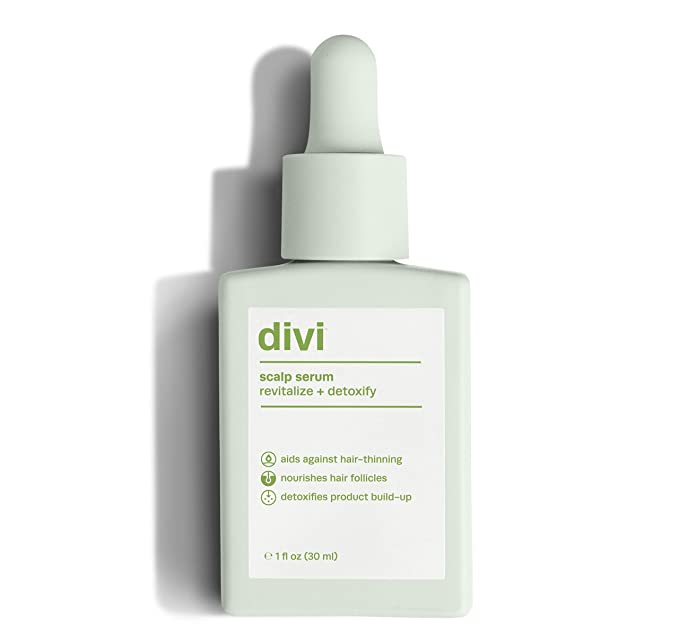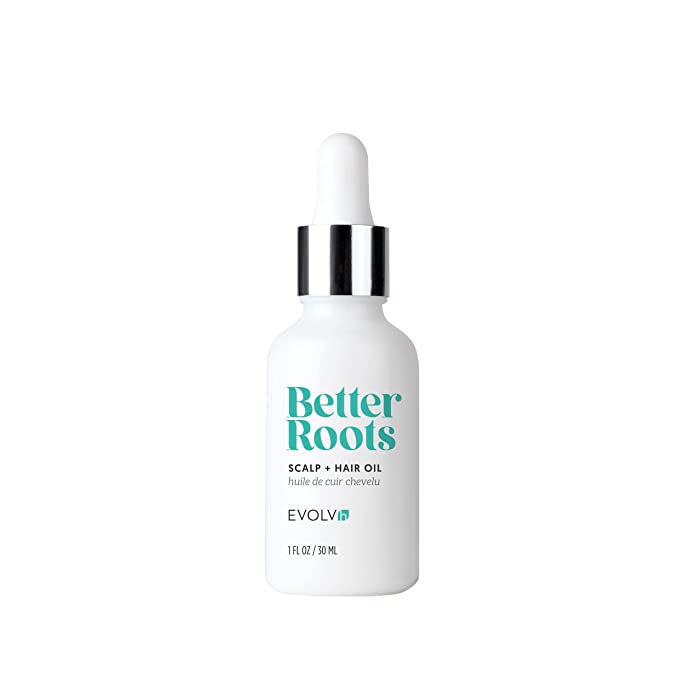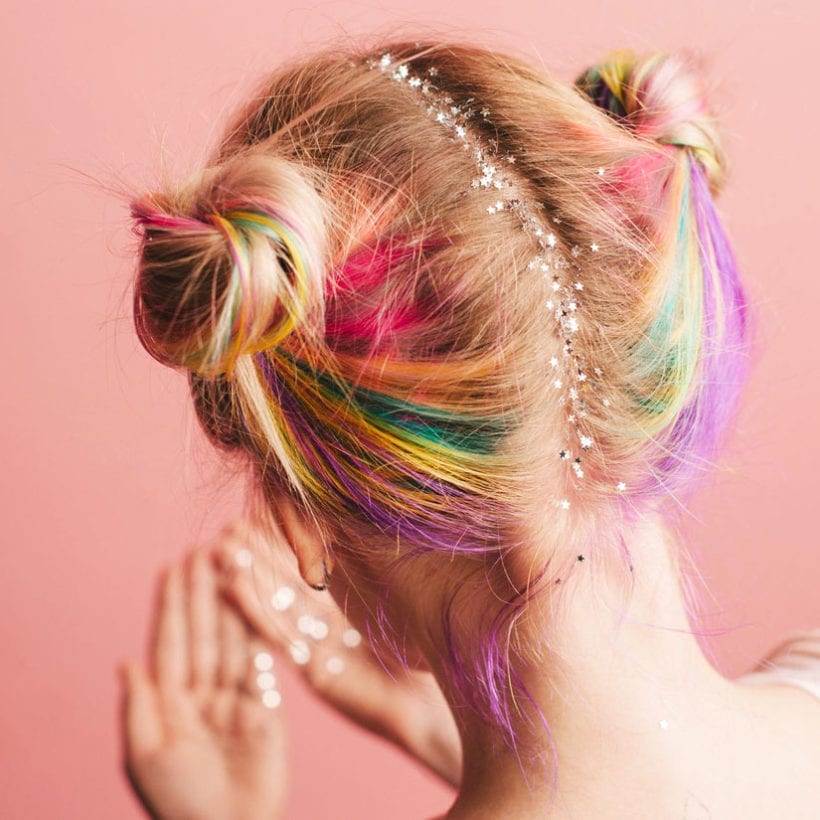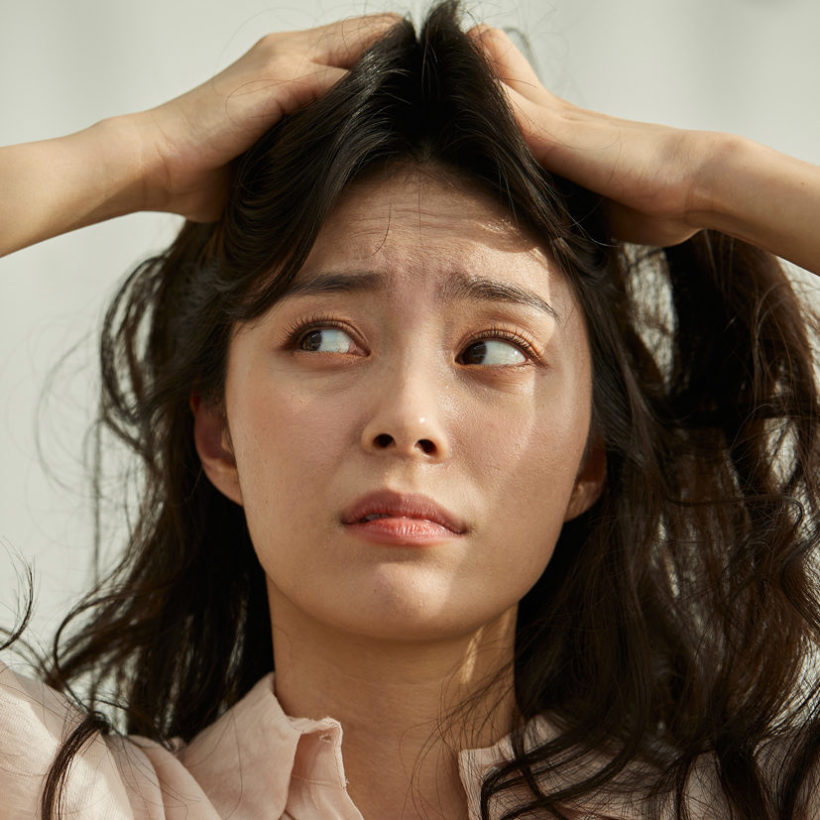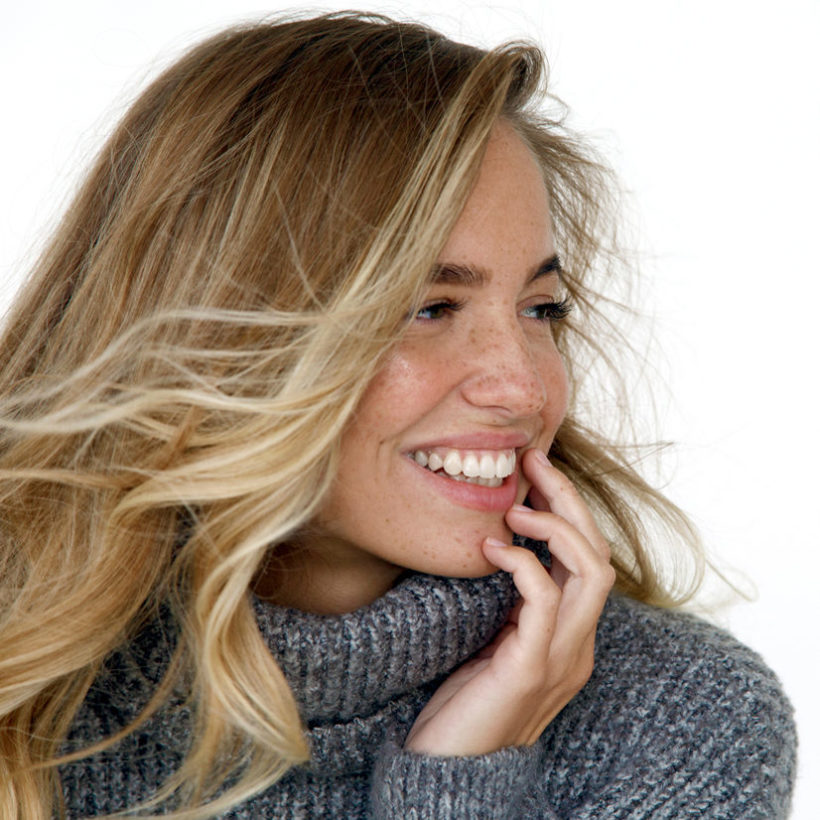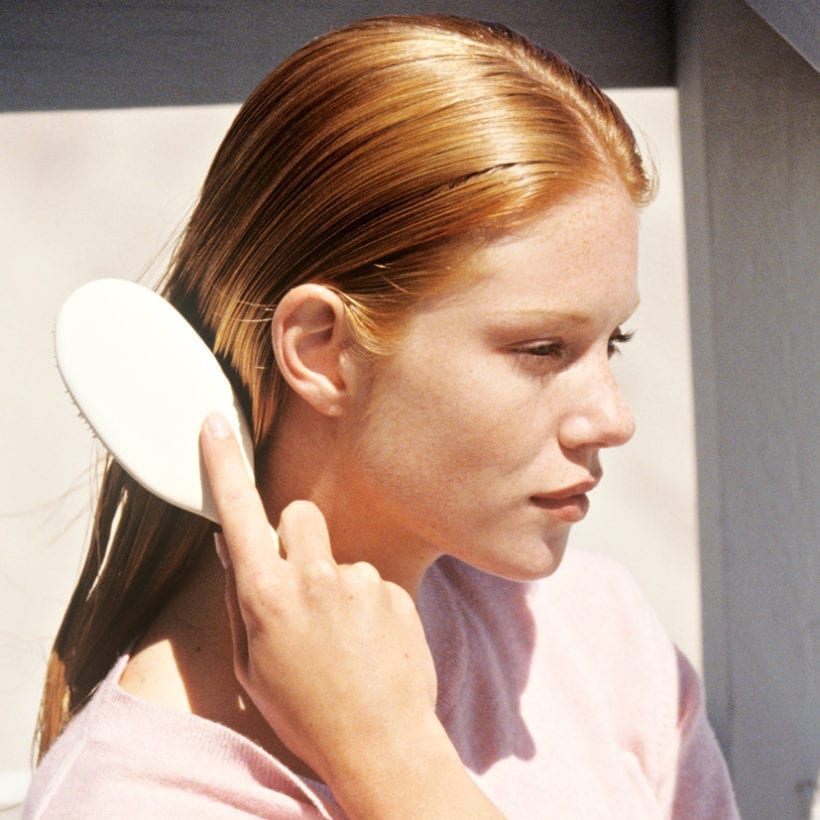Everyone knows your nose is responsible for its ability to smell, but it turns out that your scalp can also detect smells, too. It may sound a little woo-woo, but studies, where they tested the tissues that surround the hair root, have actually shown that hair follicles have the same scent receptors that are also found deep in your nose.
“The nose has peripheral nerves which branch out to the scalp — these nerve receptors are able to sense and react to different scents,” Tiffany Young, a trichologist and CEO at ThinHairThick, explains. Also known as olfactory receptors, these nerves can target a host of concerns, including hair shedding, loss, thinning, and more.
Find out more about the scalp’s sense of smell, including how to utilize its abilities to have your hair grow optimally.
Meet the Experts
Tiffany Young is a trichologist and CEO at ThinHairThick.
Boris Oak is a clean beauty expert and founder of EVOLVh.
The Scalp’s Olfactory Receptor
“A newly discovered olfactory receptor that surrounds the hair follicles can be activated by aroma [and] triggers a biological response that increases the production of the anagen-prolonging growth factor IGF-1,” says Boris Oak, a clean beauty expert and founder of EVOLVh. This olfactory receptor is called OR2AT4 and, according to research, when it comes in contact with scents such as sandalwood, it promotes an increase in hair growth. On top of that, Oak says it might also reduce shedding, plus promote more visibility of healthy-looking hair.
The discovery of the OR2AT4 olfactory receptor “allows for the formulation of products that can increase IGF-1 as an additional pathway for stimulating hair growth and increasing overall hair health,” says Oak, who created EVOLVh’s Better Roots Scalp + Hair Oil, which was created with this research in mind and is infused with a bioactive aroma molecule called Sandalore (sandal pentanol) that triggers the OR2AT4. “This sense of smell improves overall hair health because it not only stimulates growth but also increases hair density and thickness which are important components that define strong, healthy hair,” Oak adds.
The Scalp’s Favorite Scents
“You can use scents to invigorate your scalp health and prime the scalp environment for hair growth,” says Young. Based on scientific research, it’s safe to say that sandalwood is one of the scalp’s favorite scents (ours, too!). The slight caveat: According to those studies, since natural sandalwood cannot bind correctly to the OR2AT4 receptor we mentioned above, only synthetic versions (like Sandalore) of sandalwood work.
However, sandalwood is not the only scent that can support healthy hair and promote hair growth. “Ingredients like peppermint, citrus, rosemary, and menthol have been proven to stimulate blood vessels,” Young explains. “By stimulating the scalp blood vessels, it creates a nutrient-rich area which encourages hair growth.”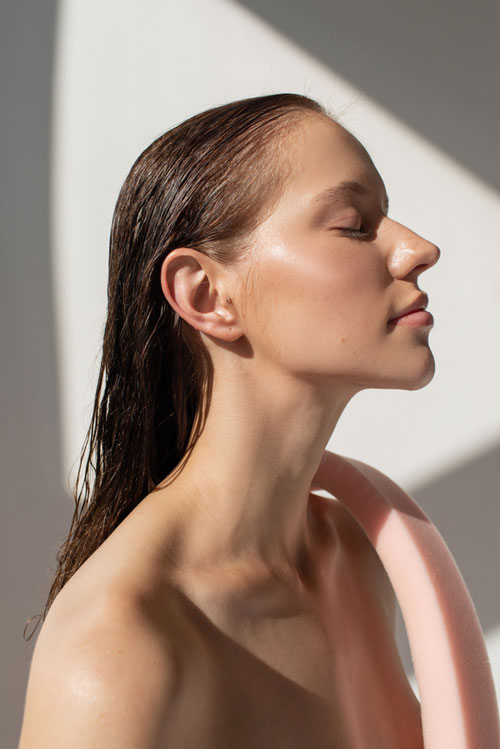
In general, healthy hair starts with a healthy scalp, and that is especially true when it comes to preventing shedding and promoting growth. On top of scents, it’s important to keep your scalp moisturized and exfoliated to minimize shedding. Divi Scalp Serum is formulated with peppermint oil, rosemary leaf extract, and menthol (among other nourishing ingredients) to support healthy hair growth and overall healthier strands. Another option, the Love Beauty and Planet Sandalwood & Grapeseed Natural Oils Infusion, is formulated with the scalp superstar sandalwood along with grapeseed oil to nourish and soothe the scalp while guarding against shedding. The Amika Reset Pink Charcoal Scalp Cleansing Oil is another excellent choice as the pre-wash treatment includes menthol to invigorate the scalp. And while it doesn’t have elements of sandalwood, keep your scalp free of debris, dead skin, and excess oil via Sunday Riley Clean Rinse Clarifying Scalp Serum so that your hair can thrive under the best conditions.
Much of the research that’s been done so far was partially funded by a pharmaceutical company that markets Sandalore its products, so it’s something to think about before we carried away that this is the next cure-all to hair loss. Though a separate, smaller independent study showed the effects of topical Sandalore also suggested a reduction of hair shedding, there’s still a lot more research to be done for this to become a go-to treatment in dealing with hair loss and thinning. But we can all agree that it’s a fascinating and exciting step in the right direction.
We only recommend products we have independently researched, tested, and loved. If you purchase a product found through our links, Sunday Edit may earn an affiliate commission.

